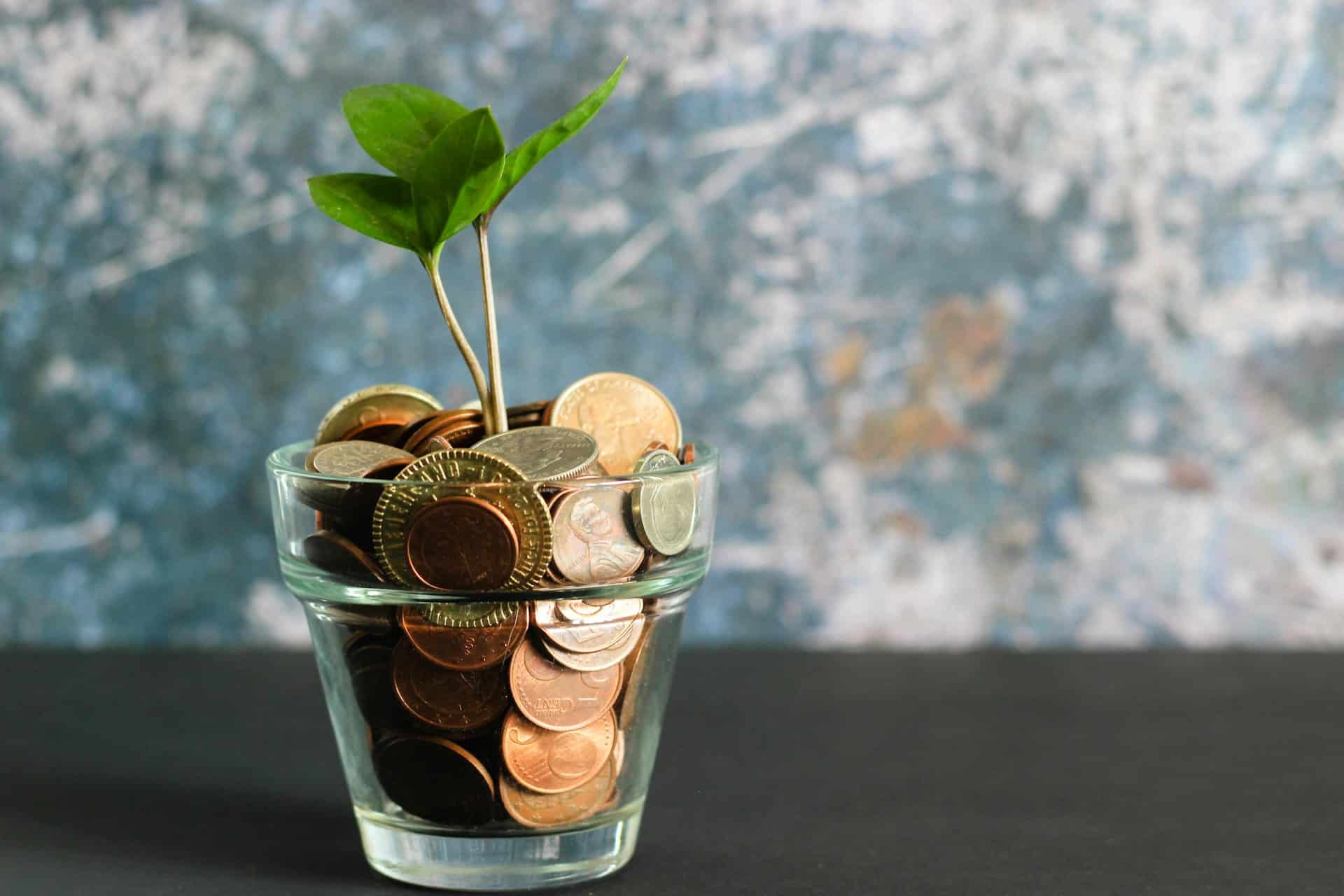As customers, you have the power to influence financial institutions through your banking decisions. By choosing ethical banks, you not only entrust your money to a reliable financial service provider but also invest in companies that prioritise social and environmental wellbeing. This article unpacks ethical banking, how to choose an ethical bank, and the key factors to consider.
What is Ethical Banking?
Ethical banking refers to a system where banks make a conscious decision to operate in a way that is beneficial to the environment, societies, and customers. It’s a growing trend that is reshaping the financial landscape and introducing a new dimension to the way we think about our money and savings.
Avez-vous vu cela : Portugal: a paradise for digital nomads
Ethical banks, such as Triodos, go the extra mile to ensure that they provide services that uphold social and environmental values. They avoid investing in businesses that harm the environment or exploit workers. Instead, they channel their financial resources towards projects and businesses that promote sustainability, equality, and social justice.
Factors to Consider when Choosing an Ethical Bank
When it comes to making the transition to ethical banking, there are several key factors to consider.
Cela peut vous intéresser : What Are the Benefits and Risks of Crowdfunding for UK Startups?
Financial Services and Products
Check the range of financial services and products offered by the bank. An ethical bank should offer all the necessary services such as current accounts, savings accounts, and loans. Your banking needs should align with the bank’s services.
Social and Environmental Policies
It’s crucial to look at the bank’s social and environmental policies. An ethical bank should have clear policies indicating their commitment to sustainability and social justice. They should disclose where they invest money and avoid businesses that harm the environment or society.
Transparency
Transparency is a key aspect of ethical banking. The bank should be open about its investments, operational procedures, and policies. This transparency allows customers to make informed decisions and ensures that the bank is accountable for its actions.
Affiliations and Certifications
Consider the affiliations and certifications of the bank. Banks affiliated with reputable ethical banking networks or those with green certifications are more likely to uphold ethical standards.
How to Implement an Ethical Banking Provider
Once you have chosen your desired ethical bank, the next step is implementation. This process should be done carefully and systematically.
Opening an Account
First, start by opening an account with the chosen ethical bank. The account opening procedure varies from bank to bank, but it generally involves filling out an application form and providing the necessary documentation. Be sure to understand the account features and terms of service before committing.
Transitioning Your Funds
After opening an account, gradually transition your funds from your current bank to the new ethical bank. Start with smaller amounts and gradually increase as you become more comfortable with the new bank’s services and features.
Direct Deposits and Automatic Payments
You should then set up direct deposits and automatic payments. This includes your salary, bill payments, and other regular transactions. This will help you manage your finances more efficiently and avoid any financial disruptions during the transition.
Closing Your Old Account
Once you have fully transitioned to the ethical bank, you can close your old account. Be sure to double-check that all transactions have been transferred to the new account before closing.
The Role of Ethical Banks in Building a Better Society
Ethical banks play a pivotal role in building a better society. Their commitment to social and environmental wellbeing makes them a key player in promulgating sustainability and social justice.
By choosing ethical banking, you’re not just taking a step towards better financial management, but you’re also contributing to a larger cause. Your money will be used to finance projects and businesses that have a positive impact on society and the environment.
Whether it’s supporting renewable energy projects, funding affordable housing developments, or backing companies that prioritize fair trade and good labor practices, ethical banks ensure that your money is put to good use.
So, by choosing ethical banking, you’re not just a customer, but an integral part of a movement that is shaping a better future for all.
Ethical Banking Impact on Fossil Fuels and Human Rights
Ethical banking plays a significant role in combating the harmful effects of fossil fuels and promoting human rights. By choosing to invest in environmentally friendly businesses and projects, ethical banks divert funds away from fossil fuel industries that contribute to climate change.
These banks, like the Triodos Bank and The Co-operative Bank, actively support renewable energy projects, including wind and solar power. They finance initiatives that lead to reduced carbon footprints and promote sustainability. This conscious decision to avoid fossil fuels is a critical component of ethical banking, making it a powerful tool in the fight against climate change.
Moreover, ethical banks place a high emphasis on human rights. They avoid any association with businesses that exploit workers or engage in unfair trade practices. Instead, they lend to and invest in companies that adhere to fair trade principles and uphold good labor practices, thereby promoting human rights.
For instance, a charity bank might provide loans to non-profit organizations working to alleviate poverty, while building societies may provide mortgages for affordable housing projects. By investing in these socially responsible businesses and projects, ethical banks contribute to the betterment of society.
When choosing an ethical bank, it’s essential to consider their stance on fossil fuels and human rights. Their policies in these areas reflect their commitment to ethical practices and can guide you in making an informed decision.
Conclusion: The Power of Ethical Banking
In conclusion, ethical banking is about more than just securing your savings and current accounts. It’s about leveraging your financial power to effect positive change. With every pound deposited into an ethical bank, you’re supporting businesses and projects committed to building a better society.
The power of ethical banking is in its ability to influence industries and promote practices that uphold social and environmental values. By refusing to invest in companies that harm the environment or violate human rights, ethical banks send a strong message: profitability should never come at the expense of our planet or people.
As an ethical consumer, choosing and implementing an ethical banking provider can be an empowering experience. It allows you to align your financial decisions with your values, making you an active participant in the movement towards a more sustainable and equitable future.
Remember, by choosing ethical banking, you’re not just making a financial decision but a moral one. You’re saying yes to environmental conservation, human rights, and social justice. And in doing so, you’re helping to shape a better world for all. Your choice matters, and together, we can make a difference. Choose ethical banking today, and be part of the change you wish to see in the world.








